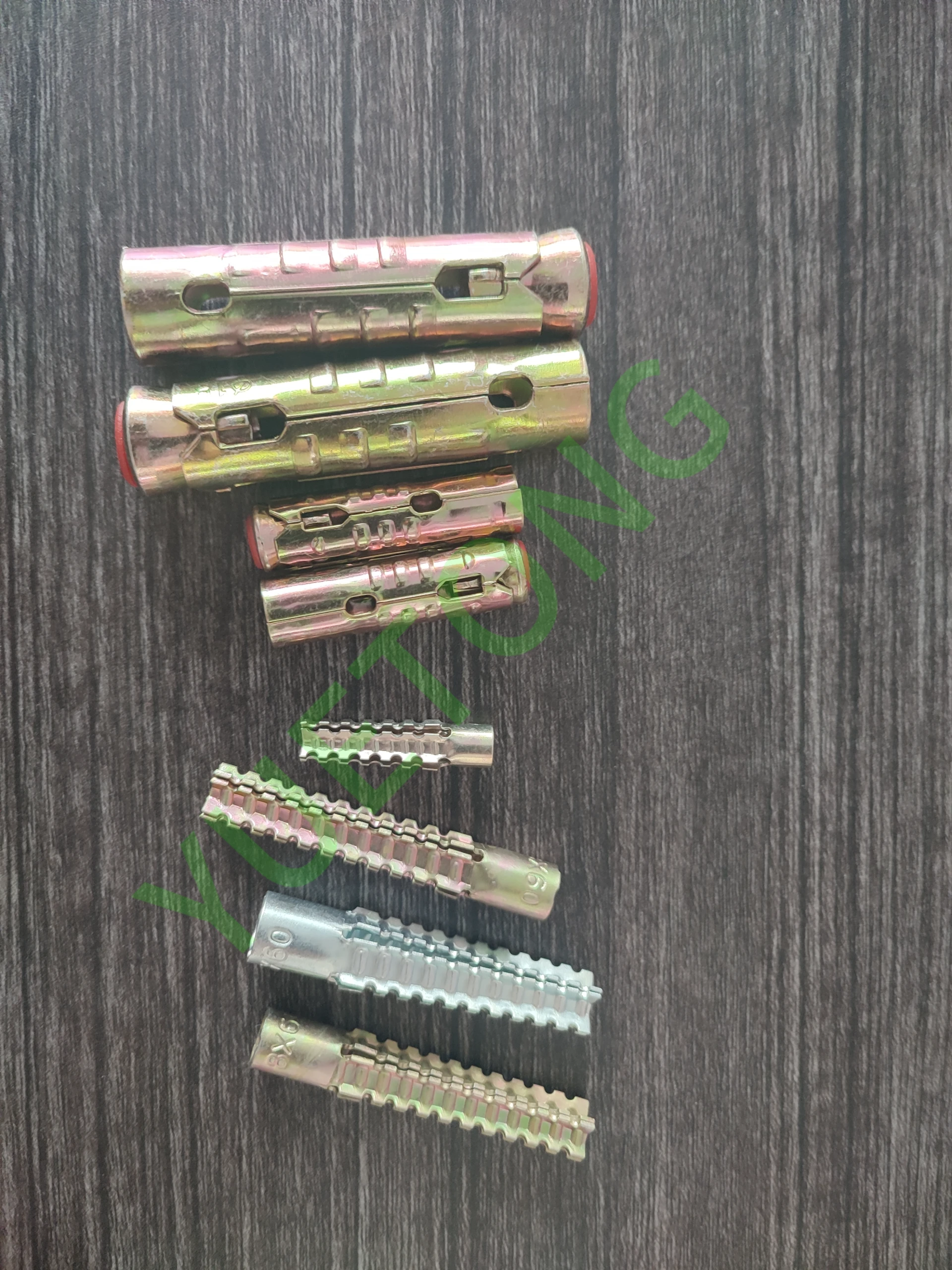Zář . 15, 2024 17:11 Back to list
fixing bolts
The Importance of Properly Fixing Bolts in Mechanical Applications
Bolts are a critical component in countless mechanical applications, serving as the backbone of assembly and ensuring structural integrity. Fixing bolts correctly is essential not only for the functionality of the assembly but also for safety. A failure in bolt fixation can lead to catastrophic results, including equipment failure, accidents, and financial loss. This article explores the importance of properly fixing bolts, the methods involved, and best practices.
Understanding Bolt Specifications
Before fixing bolts, it is crucial to understand the specifications
. Bolts come in various sizes, materials, and grades, each designed for specific applications. For instance, a high-strength bolt may be required for heavy-duty machinery, while a standard bolt suffices for lighter applications. Choosing the right bolt involves considering the load it will bear, the environment it will operate in, and the materials being fastened.Installation Techniques
When fixing bolts, several installation techniques can enhance their reliability. The most common method involves using a wrench to achieve the required torque. It is essential to follow the manufacturer's guidelines regarding torque specifications, as insufficient torque can lead to loosening due to vibrations, while excessive torque can cause bolt failure.
Another commonly used technique is the proper alignment of the bolted parts before tightening. Misalignment can lead to uneven load distribution, increasing the risk of failure. Washers are also often used in conjunction with bolts to distribute the load more evenly and prevent damage to the materials being fastened.
fixing bolts

The Role of Thread Lubrication
Thread lubrication is another critical aspect of fixing bolts. Applying lubricant to the threads helps reduce friction, allowing for a more accurate torque reading and preventing galling or seizing, especially in high-strength bolts. It is important to use the right type of lubricant; anti-seize compounds or oil-based lubricants are often preferred for high-temperature applications.
Regular Maintenance and Inspections
Once bolts are fixed, regular maintenance and inspections are vital to ensure their continued performance. Over time, environmental factors such as moisture, temperature fluctuations, and exposure to chemicals can affect the integrity of both the bolts and the materials they fasten. Routine inspections should include checking for signs of corrosion, wear, and loosening. Torque re-checks can also help identify any potential issues before they lead to significant problems.
Conclusion
In conclusion, fixing bolts is not merely a procedural task but a crucial step in ensuring the safety and effectiveness of mechanical applications. Understanding the specifications, employing proper installation techniques, using thread lubrication, and conducting regular maintenance are all essential aspects of this process. By prioritizing these factors, engineers and technicians can significantly reduce the risk of bolt failure and its associated consequences, ensuring that machinery operates safely and efficiently. In a world reliant on complex mechanical systems, the importance of properly fixing bolts cannot be overstated.


